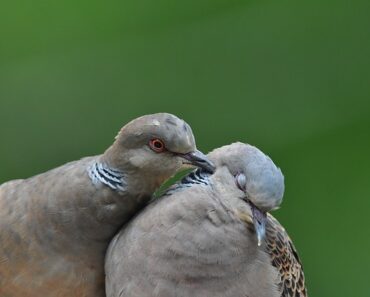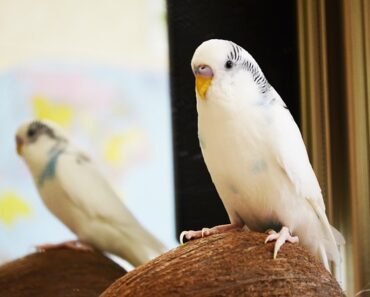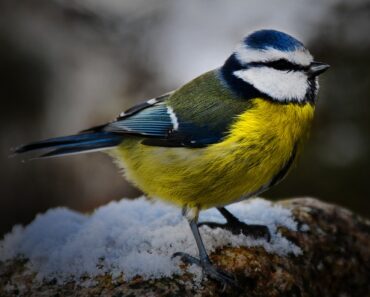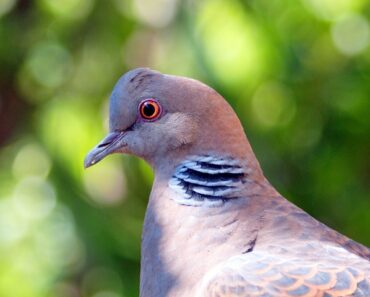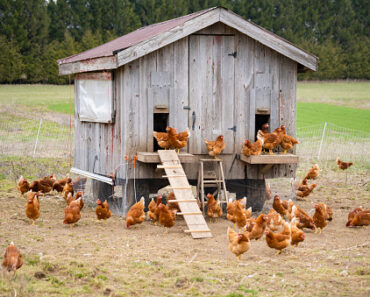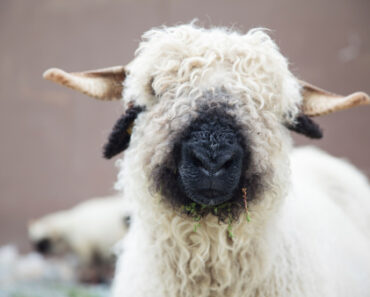You are thinking of adopting the famous red hen, known for her qualities of expert layer? Good decision! Having a chicken in your garden is trendy and ecological. To make the most of her laying and pleasant company, discover the gallinaceous hen in all its forms and feathers.
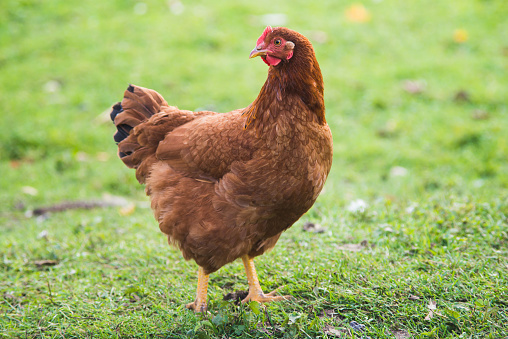
Red hen: English origins
This farm chicken is a hybrid of several crossbreeds: Sussex, Indian fighter and Rhode Island. Native to the United States, it is widespread throughout the hemisphere, particularly in Europe, which makes it a cosmopolitan chicken.
The Red Hen: a good character
The red hen is known for its docile, sociable, affectionate character, perfect for young children. This very endearing pet loves the presence of its master and all members of the household. Extremely curious, clever and cunning, she snoops around her territory, follows you like a cute little dog and even lies at your feet. She quickly adapts to her environment, her coop, her food and your living habits. She loves to be petted and will curl up slightly to let you hold her or cuddle her when you approach her gently.
The beautiful redhead with a harmonious physique
The many varieties of redheaded chickens vary in color from light to dark. Its tail feathers are spotted with black or white. Its light weight averages 2 kg. Its sharp beak, long claws and muscular legs give it a highly distinguished appearance. Coquettish and elegant, she does not go unnoticed by a cockerel on the lookout!
The red hen in everyday life
Your domestic chicken can produce 200 eggs/year, that is to say 1 to 2 eggs per day and per bird. Its egg laying varies according to the seasons, the light, the temperate climate and the level of stress. This animal is very much in demand for industrial breeding because of its productivity. So make a happy chicken by adopting it and cherishing it until its old age, because it can live by your side for 10 years. If she is not a good incubator, do not consider a chick nursery.
Nutrition and care
Provide a mixture of crushed seeds and cereals, oyster shells, a source of calcium, salad, some raw vegetables, except peppers and spicy foods. A feeder and a waterer are essential to feed the birds regularly. In addition, provide a salt block to provide the necessary vitamins and strengthen the skeleton.
Deworming is essential to control parasitic diseases. It must be administered once a year. Diatomaceous earth will allow you to kill parasites and insects inside the henhouse, but also on its plumage.
Habitat and maintenance
Reserve a garden patch for them, they will be happy to pick up weeds while pecking insects at will. They love grass and sandy soil, ideal for the maintenance of their feathers. They “spy” at will on your land, vegetable garden and flowers, hence the interest in preserving these by fencing off the forbidden accesses that you wish to protect. Chicken poop is ideal for your plantations, to be spread moderately at the risk of burning the roots of the plants. Hay, straw or hemp as litter provide a comfortable nest in which they will lay eggs every day, preferably in a corner of the henhouse.
You know EVERYTHING about the tender red hen! She just wants to be loved and cared for as long as possible. You’ll get good eggs as a bonus, you’ll decorate your garden in a useful, playful and modern way, and your waste will be better managed and recycled. What are you waiting for to go get it from a farmer or a private individual? Don’t forget that you need at least 2 of them to prevent them from getting depressed.

